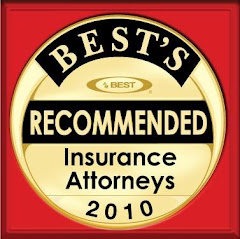Workers' compensation in Connecticut pays for injuries when employees can prove that their injuries arose out of and during the course of their employment. Injured workers, in other words, must adequately show that a workplace injury accident was a substantial cause in the harm that they suffered.
In a situation where it is unclear whether the employee's medical condition was caused by a workplace injury, medical testimony has to be presented. This expert testimony has to show that there was a reasonable probability that the condition was caused by an injury at work and must be based upon other competent evidence. Speculation and conjecture, however, cannot play a significant role in the expert's medical opinion.
Expert testimony drawing a connection between the condition and a workplace accident has to be based upon other non-medical facts in evidence, such as what happened and the symptoms displayed by the claimant. There are no criteria on the facts that have to be considered if the facts are based upon proper evidence. The Connecticut Workers' Compensation Commissioner may choose to believe and choose differing accounts and evidence.
In an opinion issued in September of this year, a Connecticut appeals court ruled that medical testimony was competent to find that the workers' compensation claimant suffered a work-related hearing loss even though an expert did not review medical records indicating that the worker did not complain of hearing loss and dizziness near the time of the accident. The expert in this case relied upon his own examination and medical tests. Other evidence included the claimant's description of the workplace accident and symptoms.
Source: casetext, "Story v. Woodbury, AC 37111 (Sept. 15, 2015)," Accessed Oct. 19, 2015






No comments:
Post a Comment